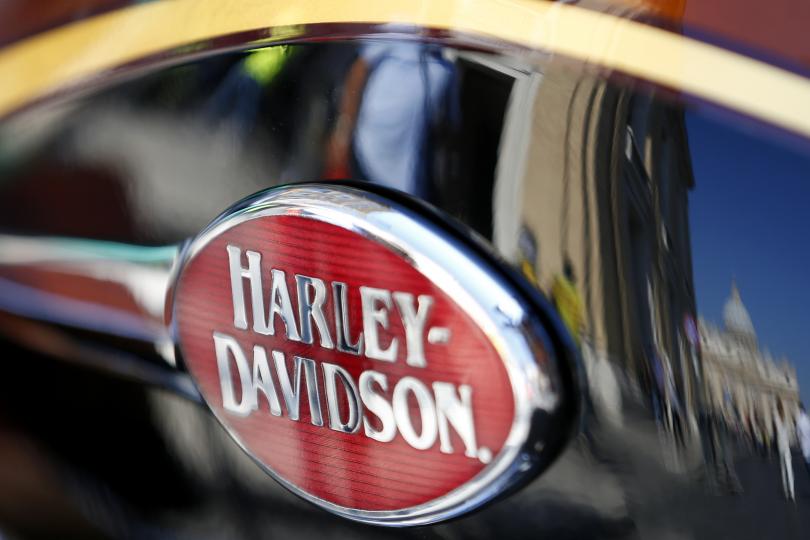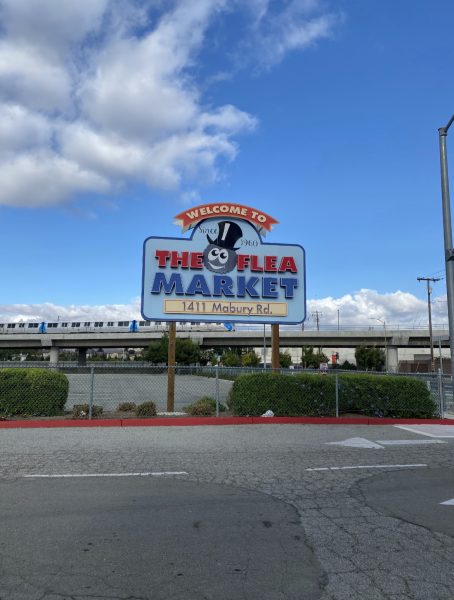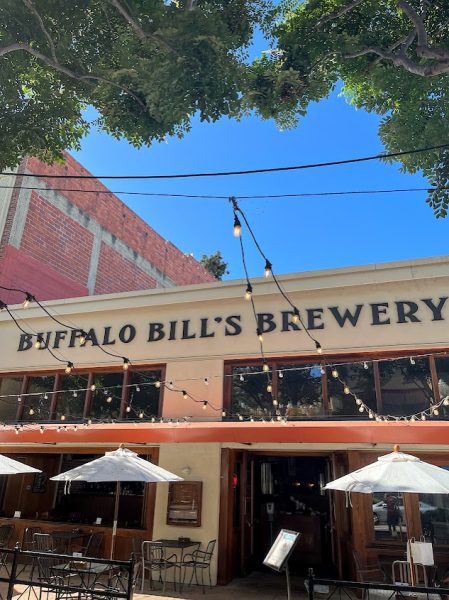Harley-Davidson recalls 175,000 motorcycles due to brake failure
Harley-Davidson has recalled 175,000 motorcycles in the U.S and 250,000 worldwide to fix an issue that can potentially cause brakes to fail suddenly. It will cost the company $29.4 million according to USA Today.
“This condition is associated with delayed or neglected brake fluid maintenance as specified in the owner’s manual,” Carolyn Duranowski, director of marketing at Oakland Harley-Davidson, told The Pioneer. “Harley-Davidson is offering the remedy fluid flush free of charge to all motorcycles within the recall population, regardless of their maintenance history.” Multiple Harley-Davidson dealers in the East Bay Area were contacted by The Pioneer but could not give any other information.
The motorcycles recalled range from the 2008 to 2011 Touring, CVO Touring and VRSC models which have anti-lock braking systems. They can be brought in to dealerships for recall service starting Feb. 12, according to Harley-Davidson.
“When you think of Harley, you think of Touring bikes,” said Jim Donahoe of the Hayward Motorcycle Club. Many Touring bike models, intended for long distance riding, are listed in the recall and are equipped with anti-lock braking systems.
Anti-lock braking system (ABS) uses standard brake components but adds in an ABS module and sensors, according to a Harley-Davidson anti-lock brake system informational video.
The ABS module and added sensors work like a computer. When a brake is applied, the pressure is evenly distributed to both front and rear calipers. The module works to apply braking power evenly and help keep the motorcycle upright in an emergency braking situation.
Locking can happen in non-ABS motorcycles. If the rear wheel locks up, it can swing out from the rider. If the front wheel is locked, then balance and steering control may be lost, according to Harley-Davidson.
“ABS is supposed to be an added tool for safety,” said Ben Medina, Hayward resident and owner of a 2009 Harley-Davidson Street Glide equipped with ABS. “I’ve owned bikes with and without ABS, and never would I have thought that my brakes could be compromised.”
Suzuki experienced a similar recall in 2013. In their case, the brake fluid could lead to corrosion which could compromise the brakes. Suzuki offered to flush and add new brake fluid along with replacing master cylinders on the affected motorcycles with a redesigned part according to a Suzuki recall notice.
In June of 2017, Harley-Davidson issued another recall on over 57,000 Touring motorcycles due to oil leaks that could possibly cause crashes. The improperly installed clamps on the oil cooling system could cause an oil line to detach, and it could lead to oil on the rear tire. That may result in loss of vehicle control and increase the risk of a crash, according to The Los Angeles Times.
These recalls add to the consistent decline in Harley-Davidson sales. The motorcycle company has been declining for the last four years and is struggling to get more customers, according to financial news website Market Watch.
Millennials aren’t riding motorcycles as much as previous generations, and are also blamed for the steady fall of Harley-Davidson. They have grown up in recession and as a result, are typically spending less on hobbies like riding motorcycles. Millennials are the largest generation living and motorcycles aren’t a high priority among them, according to Business Insider.
In response to declining sales, Harley-Davidson has been trying to acquire new ridership with the announcement of their upcoming electric motorcycle project coming within the next 18 months.
Starting Feb. 12, the motorcycle company has announced it will be taking in recall services to fix the issue in the 175,000 motorcycles nationwide that may cause brakes calipers to fail. Motorcycles will be given new brake fluid, and owners will be given reminders to pay attention to recommended service checks.








